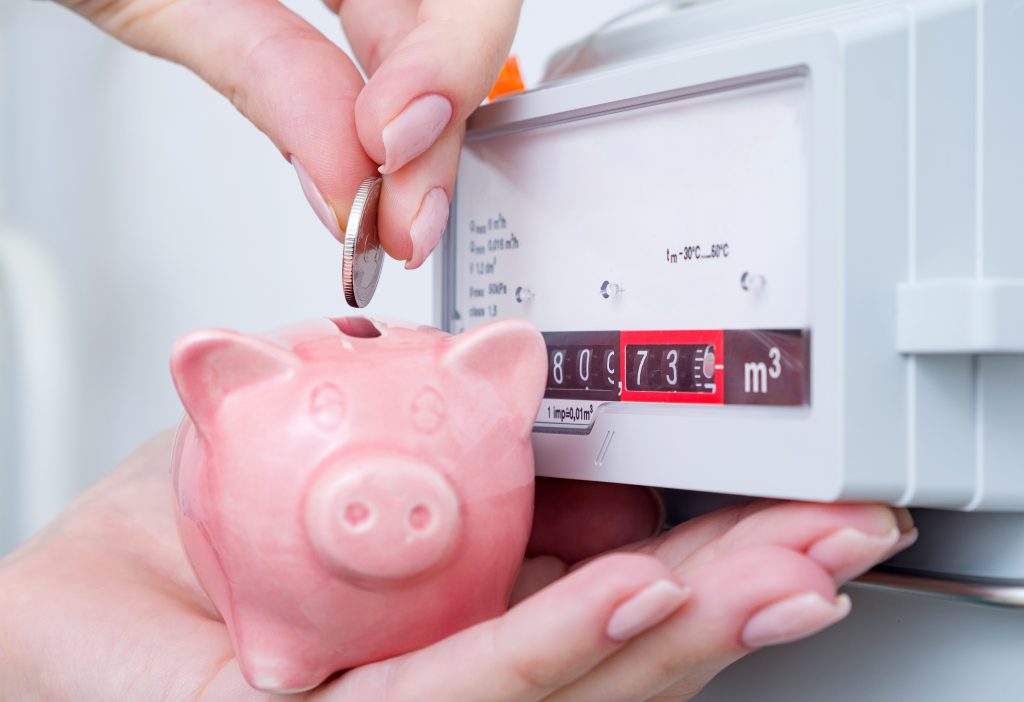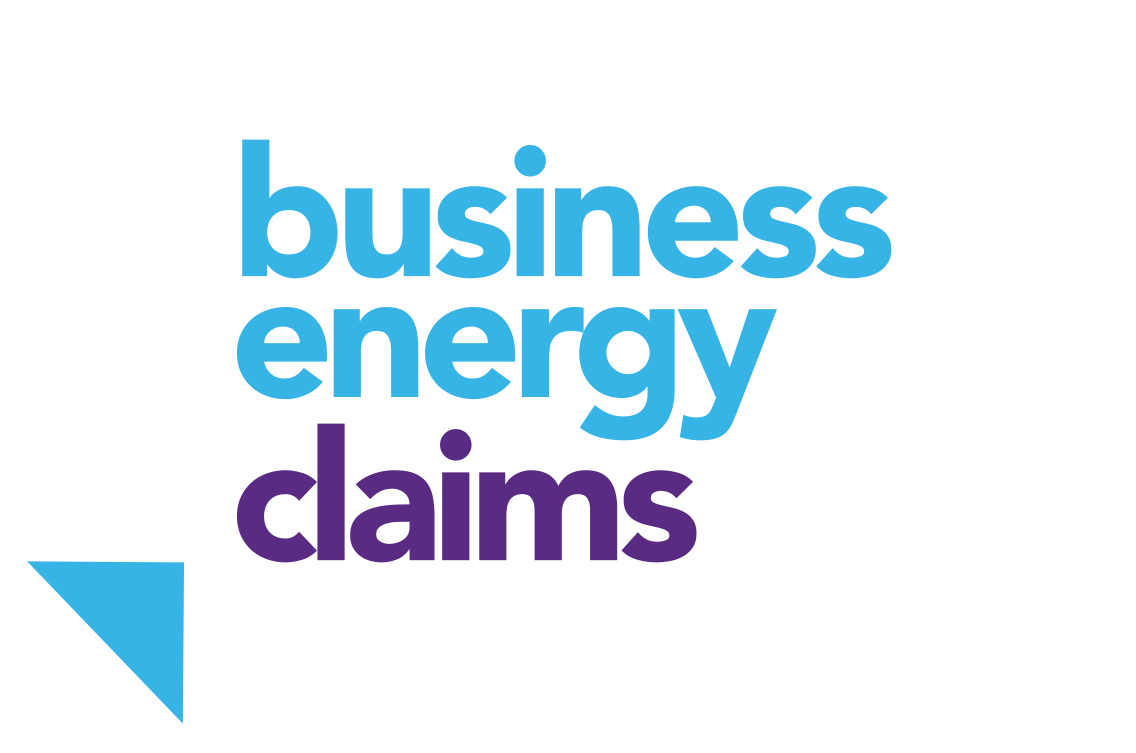As energy prices are increasing across the board, it is important to understand how your business is charged differently for electricity compared to how residential properties are charged.
The wholesale rates affect the price we all pay for gas and electricity:
- Suppliers purchase energy from the wholesale market and then sell it to customers for domestic and business purposes.
- When wholesale prices increase, suppliers raise their rates to cover the additional costs, which results in higher energy bills for everyone.
A fixed-rate plan will prevent you from being affected by any price hikes that may occur during your contract, but your rates are likely to change when you renew.
Wholesale energy prices are always changing, but they are currently so high and volatile that it is difficult to predict how much they will be in the future.
Organising your energy consumption and bills is an important part of financial planning for a business. Overpaying for gas and electricity can be avoided by taking advantage of money-saving opportunities.
The main difference between commercial and domestic electricity is how the energy is purchased by the suppliers. For domestic customers, the suppliers purchase all the needed energy in advance. For commercial customers, there is usually a longer contract spanning one to five years, and the supplier purchases all the required energy for that span.
In addition to this, Ofgem caps supplier profits on domestic users to 1.9%. Comparably, there is no such cap for commercial.

What factors are involved in pricing electricity?
Business owners may find it more difficult to compare energy prices and find the best deal, as each supplier will offer a customised quote. Private households can use online energy comparison websites, like Money Expert, to more easily compare prices and find the best deal.
However, businesses still have to pay a 20% VAT on their energy, along with the Climate Change Levy.
You should know that businesses do not have a cooling-off period when they sign a contract. Domestic customers are guaranteed a cooling-off period so they can cancel their contract if they’re not happy with their supplier or the price. If you sign a business contract, you are expected to understand the agreement fully before entering into it. If you break the contract, which is highly unlikely, you may face steep penalties.
Can I save money on my energy bills?
If you are closing in on signing a new commercial energy contract or your current contract is coming to an end, here are a few things you can do to ensure you get a cheaper business energy deal:
- Keep away from rollover contracts
You should start looking at new contracts at least a few months before your current one expires. Automatic renewal offers can potentially lead to much higher prices, so you need to officially end your contract with the supplier before the expiration date.
- Get at least three quotes
To get the best business electricity deals, you need to shop around the energy market. Our online energy comparison tool can be helpful, but businesses often get better deals by going directly to suppliers for custom quotes.
- Sign a new contract
A new contract will ensure that you get a better deal than you would with a rollover contract. You must sign a new contract before your current one expires, or you will have to pay out-of-contract rates, which are much higher and can cause unexpected financial problems..
- Look for clean energy options
Government regulators are pushing for increased use of clean energy and net zero emissions. Business owners can often find financial incentives to install energy efficient technology, which can save up to 20% on energy bills.
- Ask about commission
Ask the business who provided you quote how they make their money. Often there are charges hidden in unit rates without the knowledge of the business, which rises the prices further.

Should you fix your energy prices until 2023?
The only way to ensure stable energy bills is to fix your energy rates. Prices have risen significantly over the last 12 months, and anyone who secured a fixed deal in September 2021 would have made significant savings on their energy bills.
If you’re not close to the end of your current contract, it can still be worth comparing rates and arranging a new deal. Customers who renew six months before their contract expires save up to 20% compared to those who leave it until the last minute.

Has the Ukraine conflict affected energy prices?
There are many reasons why energy prices are currently high, but the unfortunate conflict in Ukraine has pushed rates up even higher.
Energy prices are affected by global events, such as conflicts or natural disasters in oil- or gas-producing countries. This can impact the cost of heating homes and powering businesses in the UK.
The conflict is impacting our energy bills because Europe is reliant on Russian gas. In 2021, Europe sourced 40% of gas imports from Russia. Conflict with Ukraine could disrupt this supply, pushing up prices. The UK imports almost half of its gas from Europe, so price hikes for European supply would have a knock-on effect.
The situation is causing panic in the energy market. Wholesale gas prices have risen by as much as 33%.
Has the pandemic affected energy prices?
In early 2020, during the first lockdown, demand for energy dropped sharply, causing energy prices to fall to their lowest level for decades. Wholesale prices had been falling since reaching a high of £67.69 per Megawatt-hour (MWh) in September 2018, but bottomed out at just over £24 per MWh in April and May 2020
Prices have been steadily increasing since the pandemic began. Wholesale electricity costs were £45.30 per MWh in September 2020, and prices are now even higher than before the pandemic.
Since the crash of March and April last year, there has been a greater need for energy, which has caused gas prices to increase more than five-fold and return to pre-pandemic levels. This, combined with a reduction in available power supplies, has led to an increase in the wholesale price of electricity.
The increase in network and policy costs is also pushing prices up.
Higher electricity distribution and transmission costs, as well as an increase in policy costs such as the Renewable Obligation, have driven up network costs. The pandemic has also seen more energy suppliers hit by ‘bad debt’, meaning they have lost money because customers haven’t been able to pay their bills. As a result, some suppliers are asking businesses to pay an anti-bankruptcy fee of £10,000 to cover any potential bad debt in the future. Most businesses simply cannot afford this lavish upfront fee.
For more information on the types of things that can affect energy prices or any questions about energy for your business, please don’t hesitate to get in contact with us
